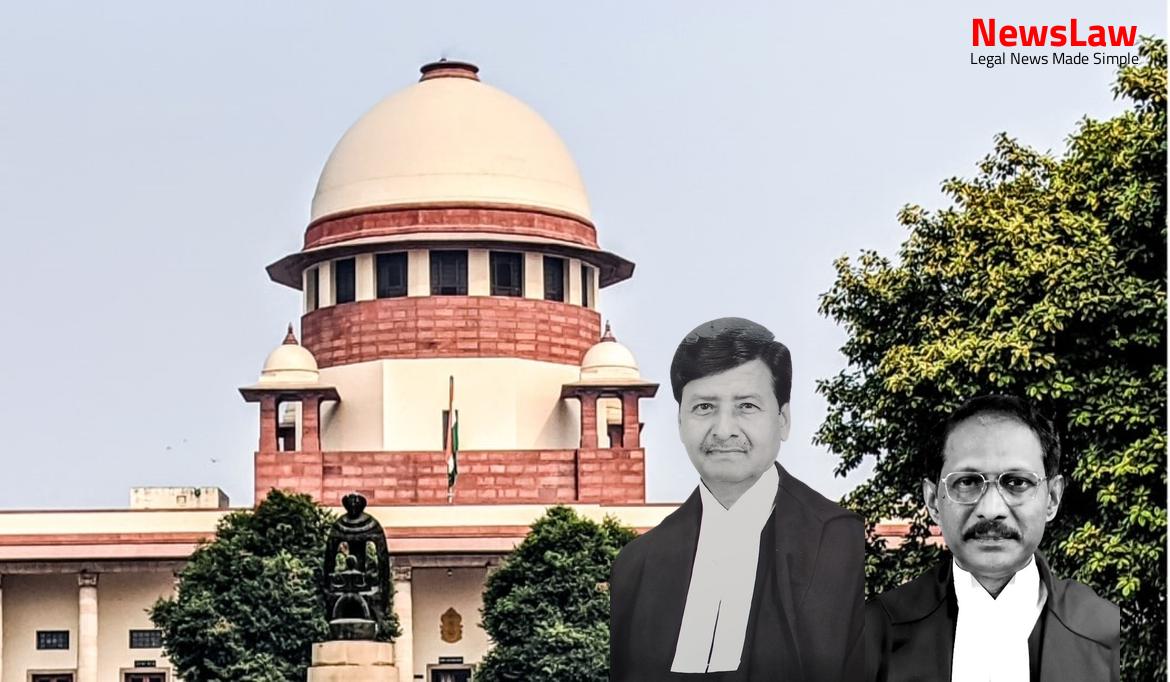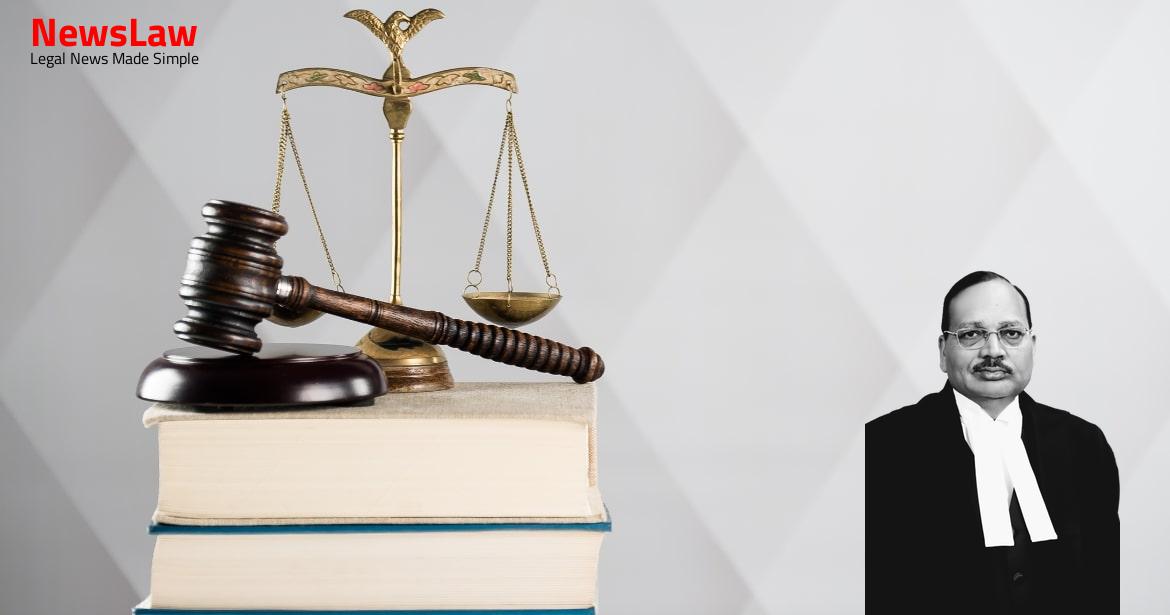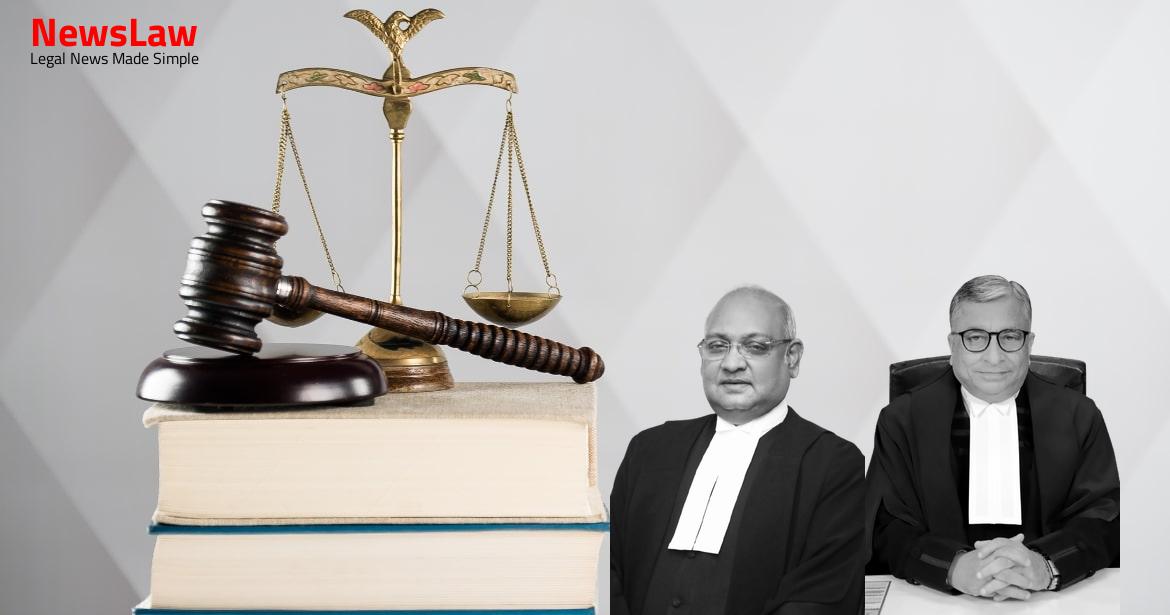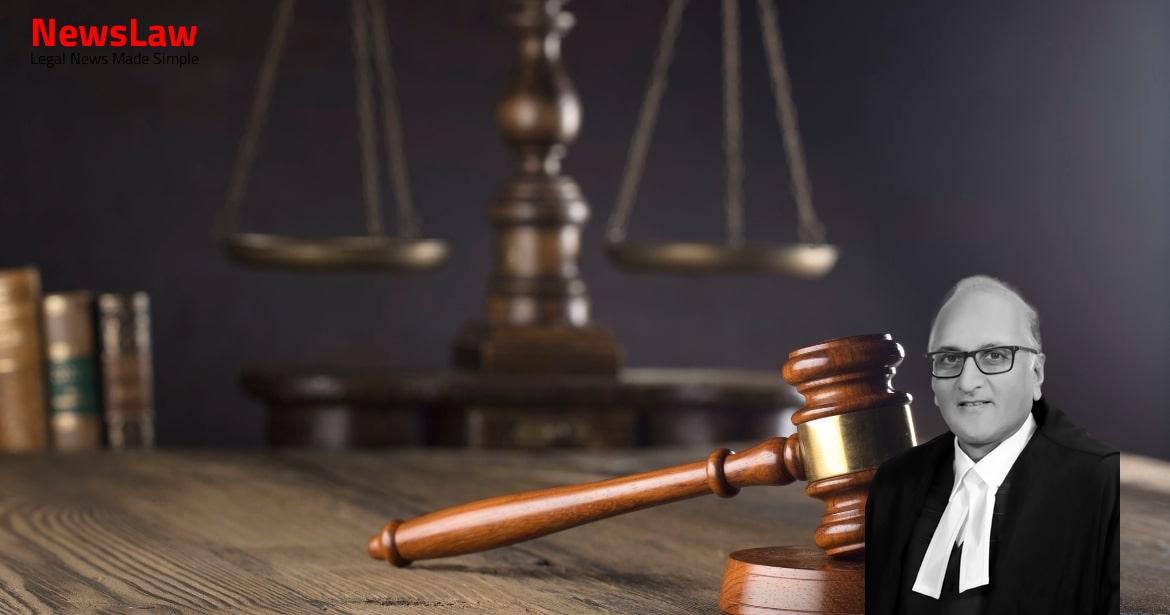A recent legal case involving the absorption of employees from private Ayurvedic colleges into government service saw a significant ruling by the High Court. The Court’s detailed legal analysis of the applicable laws and criteria for absorption sheds light on the complexities of such cases. This summary explores the court’s decision and the implications for the employees involved.
Facts
- Screening Committee report dated 15 January, 1992 was challenged by employees in writ petitions before the High Court under Article 226 of the Constitution.
- High Court directed the constitution of a fresh Screening Committee to examine cases of employees as of 01 June, 1986.
- Appellants were appointed as Lecturers in private Ayurvedic Colleges between 14 March, 1978 to 10 May, 1979, later promoted to Reader/Professor.
- State of Bihar enacted ‘The Bihar Private Medical (Indian System of Medicine) College (Taking over) Act, 1985’ to take over private Ayurvedic Colleges.
- Government took over Sri Dhanwantri Ayurved College and attached hospitals from 01 June, 1986.
- Second Screening Committee report in 1999 recommended absorption of 23 out of 84 teaching employees; no non-teaching employees were absorbed.
- Appellants’ services were terminated in August 2003 based on the recommendations of the second Screening Committee.
- Review Screening Committee recommended absorption of 24 teaching employees and 42 non-teaching employees; appellants were found unfit for absorption.
- Appellants challenged the decision based on lack of post-qualification teaching experience as required by CCIM Act, 1970 and Bihar University statutes.
- The Division Bench ruled against the appellants’ eligibility for absorption in the Ayurvedic College based on qualifications.
- The appellants’ initial appointment as Lecturers in 1978-1979 rendered them ineligible for absorption based on experience requirements.
- Challenges were made through writ petitions under Article 226 of the Constitution, leading to further reviews and decisions by the High Court.
- A fresh Review Screening Committee was constituted to re-examine qualifications of teaching/non-teaching employees after previous legal challenges.
Also Read: Admission Deadline Adherence in Medical Courses
Analysis
- Verification of the list of teaching and non-teaching employees by Screening Committee on cut-off date of 01/06/1986.
- Committee to examine bio-data of teaching staff in reference to appointment, promotion, and confirmation.
- State Government to take decision on absorption, termination, or continuation of teaching staff based on Committee’s recommendations.
- Consideration of eligibility of teaching staff on the cut-off date of 01 June 1986 for absorption into Government service.
- Discrepancy in State Counsel’s submission regarding the Screening Committee’s role in examining qualifications.
- Section 3 of the Act, 1985 empowers the State Government to take over a private Ayurvedic College by a notification.
- Upon takeover, the management and control of the college is exercised by the State Government as per the notified order.
- All assets, properties, liabilities, and obligations of the college are transferred to the State Government upon takeover.
- Section 6 of the Act 1985 allows the State Government to determine the terms and conditions of the teaching staff and other employees of the college.
- The Act specifies the grades, pay scales, and minimum qualifications required for teachers and officers in the faculty of Ayurveda.
- Specific qualifications, experience, and eligibility criteria are outlined for various teaching positions in an Ayurvedic college.
- The Desirable qualifications include a postgraduate qualification in Ayurved from a recognized institution or university.
- Four appellants who have attained superannuation will be treated as in continuous service for pension benefits.
- High Court’s judgement overlooked the scheme of the Act 1985 and the 1986 notification for absorption of teaching/non-teaching employees.
- Government notification extended the age of superannuation to 67 years.
- Four teachers will be reinstated with all benefits as unfitness finding was not sustainable.
- Dr. Mod Nath Mishra will be reinstated with notional benefits but not entitled to salary for the period not served.
Also Read: From Nominee to Disqualified: Supreme Court Scrutinizes Age Evidence, Declares Election Invalid
Decision
- The appeals are allowed, and the judgments of the High Court are quashed.
- Respondents are directed to release pension and retiral dues to the individual appellants within one month.
- Arrears of retiral dues should be paid within three months with 12% interest if delayed.
- Any pending applications are disposed of.
Case Title: HARISH CHANDRA SHRIVASTAVA Vs. THE STATE OF BIHAR (2022 INSC 423)
Case Number: C.A. No.-002943-002943 / 2022



